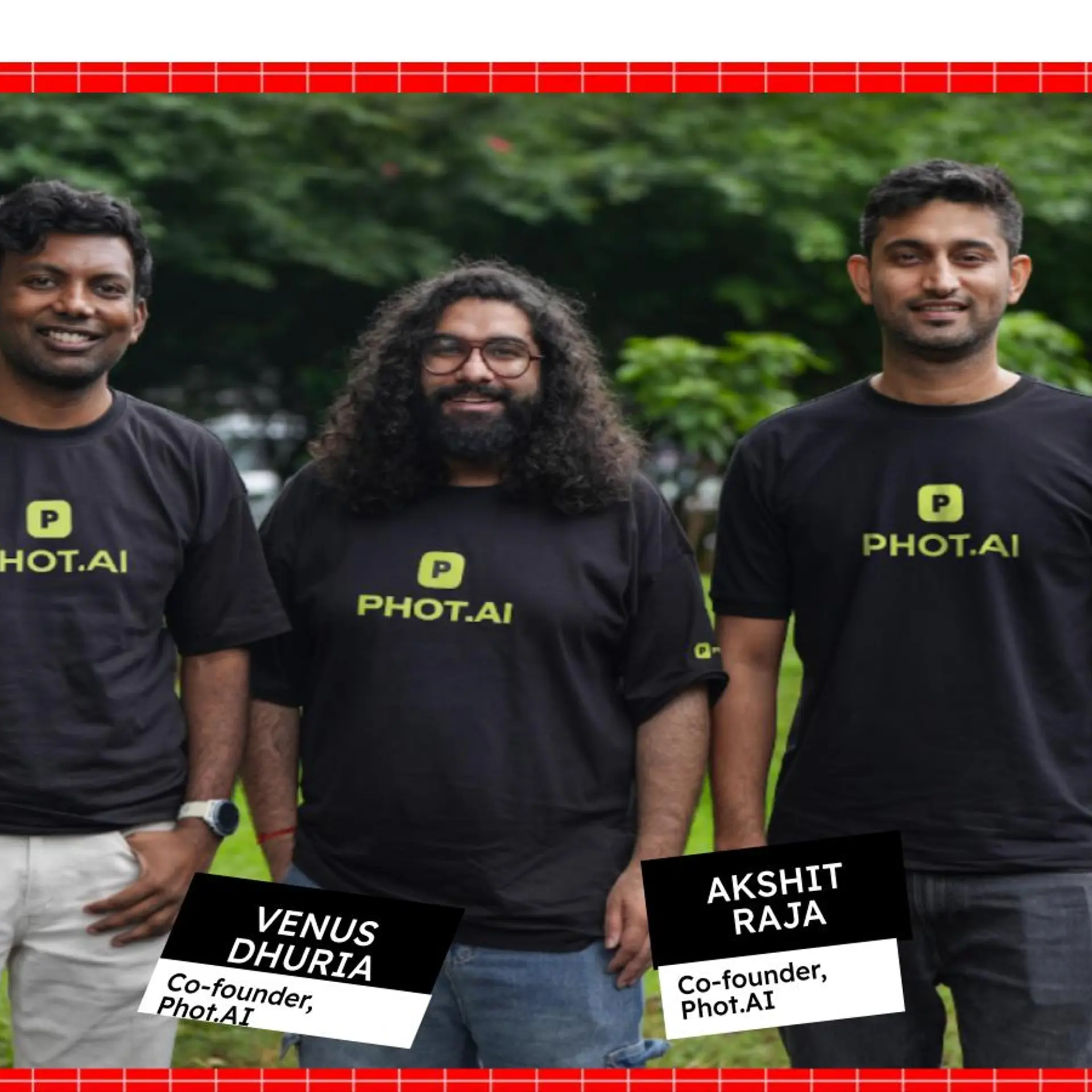Tork Motors explores stake sale to stay afloat amid funding crunch
The Pune-based company has reached out to two-wheeler players like Kinetic Green, HeroMotoCorp and TVS Motor Company with buyout proposals.
Electric motorcycle startup Tork Motors is looking at a stake sale to help navigate financial troubles after a $7 million investment did not go through in February, according to a person familiar with the matter.
The Economic Times was the first to report on the development.
The source confirmed to YourStory that the Pune-based Tork Motors has sent out stake sale proposals to two-wheeler companies including Kinetic Green, HeroMotoCorp and TVS Motor Company.
Tork Motors did not respond to YourStory’s request for comment.
The company, backed by Ratan Tata and Ola’s Bhavish Aggarwal, raised $6 million from Maxis Capital in February, according to multiple reports.
According to an ETAuto report last month, the company’s dealers have filed a collective complaint against Tork Motors with the police as it has not been able to dispatch vehicles to its dealers since December last year.
The report also adds that Bharat Forge, which holds a 64.29% equity shares in the company has written off all its investment and is working with the company to “orderly wind up”.
Bharat Forge holds its stake in the EV maker through its wholly owned subsidiary Kalyani Powertrain Ltd.
In its Q1 FY25 earnings conference call last month, Bharat Forge’s Vice Chairman and Joint Managing Director, Amit Kalyani said, “On the impairment of investment in Tork, it's basically a victim of the funding freeze and the impact of the FAME ( Faster Adoption and Manufacturing of Electric and Hybrid Vehicles in India) subsidy norms. Twice, we were very close to getting investors, twice Tork was very close to getting investors in its company, but that did not materialise. As you are aware, we are investors in Tork, and we have invested slightly more than Rs 150 crores overall, and the Tork management has been working on finding alternative funding options, as it is not in our business practice to fund business losses in continuity, in perpetuity.”
The second phase of the Indian government’s FAME subsidy saw a decline in 2-wheeler subsidy from Rs 15,000 per kWh to Rs 10,000 per kWh of battery capacity, affecting demand and manufacturers alike.








